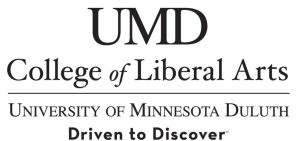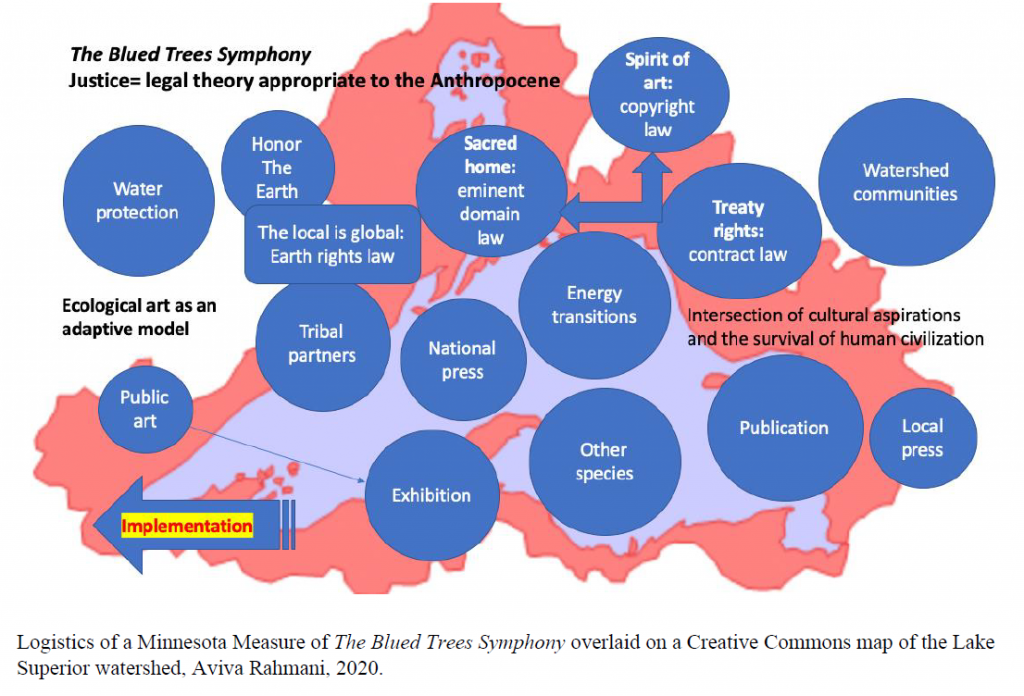Duluth Hub - Projects
Click on any of the project titles below to learn more:
- Solar Commons Project
- Solar Commons & Bois Forte Food Sovereignty Collaboration
- Energy Transition Community-Engaged, Regional Museum Exhibit Exploratory Study
- Art for Climate/Energy Living Labs
- Duluth Power Dialog
- Blued Trees Symphony
- Lake Superior Roots and Recipes
- Master of Tribal Resource and Environmental Stewardship
Duluth Hub - Partners
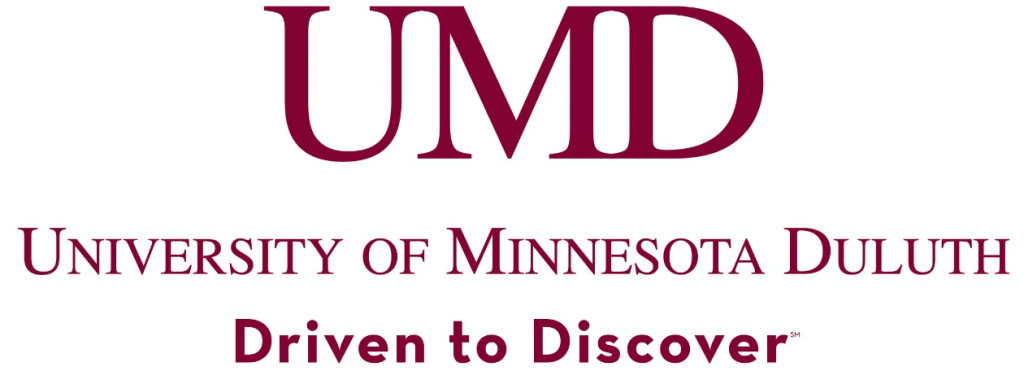
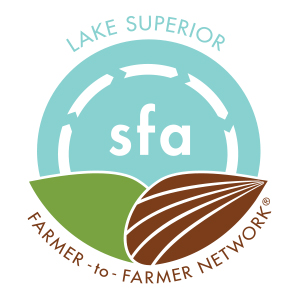

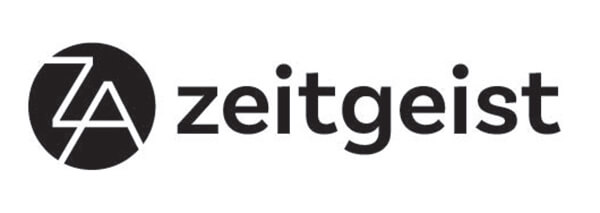
Solar Commons Project
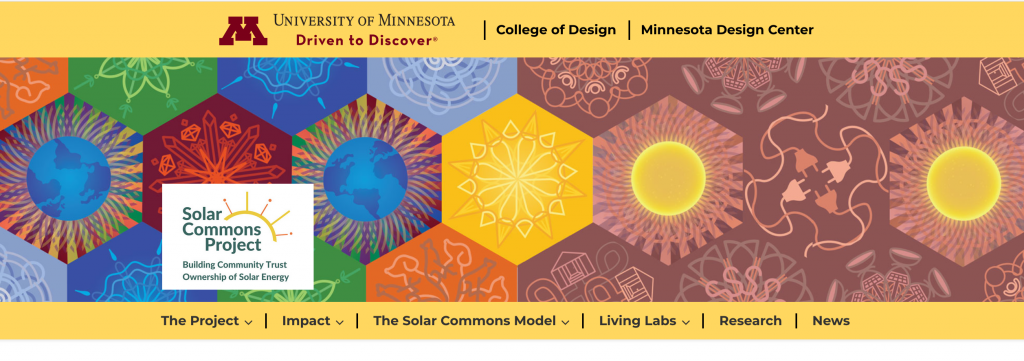
Solar Commons are solar energy systems that use community trust-ownership to deliver commonwealth benefits to low-income communities. Mobilizing the cultural history of community land trusts and the creative potential of trust law as a backdrop, Solar Commons integrates legal, technological and financial capacities in building renewable energy systems for and with low income communities to share the social and ecological benefits it can provide
Solar Commons – Bois Forte Food Sovereignty Collaboration
The Northland Solar Commons Living Lab is an initiative of the Center for Social Research@UMD, the Lake Superior Living Labs Network (LSLLN), and the Solar Commons Research Project@Minnesota Design Center. With our Canadian and US partners—at the center of which is the solar manufacturing firm Heliene, Inc. which has factories in Mt. Iron, MN and Sault Ste. Marie, Ontario—we are applying the Solar Commons Community Trust Ownership Model to serve the interests of the Bois Forte Band of Chippewa’s Food Sovereignty Group. Our aim is to advance the design of peer-governed solar energy-generated trust funds working for reparative justice in our world. To be equitable and democratic, the 21st energy transition will need new and diverse ownership models so the benefits of renewable energy can creatively serve the needs of local communities. Heliene, Inc is the only solar manufacturing facility in the state of Minnesota. We are honored to partner with Heliene and the BFFSG to demonstrate how peer-governed, social wealth benefits of solar energy can work over the 25 year life of the solar technology to support local community needs. At UMD, we are working with Prof. Doug Thompson (Attorney and American Indian Studies & Tribal Government Programs); and with students and faculty in Anthropology and Computer Science. In addition to building a 500kW Solar Commons solar array with Heliene and co-designing the peer-governed Solar Commons trust with BFFSG, our researchers will create iterable tools—legal templates, digital dashboards, and standards– that will allow Solar Commons to flourish in the US and Canada. Contact the PI of the Northland SC Living Lab, Prof. Kathryn Milun, at kmilun@d.umn.edu
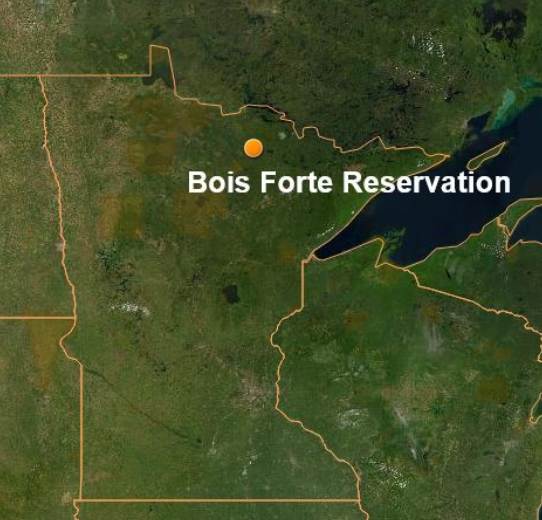
Energy Transition Community-Engaged Regional Museum Exhibit Exploratory Study
This study will explore the feasibility analysis of a regionally travelling exhibit of historical, contemporary and community-engaged maker-activity public art centered on energy transitions in the Lake Superior watershed.
In the US rural electrification projects of the 1930s, technical know-how & the technology for energy transition preceded the social will needed to build the requisite infrastructure. Public art was a key piece of the social infrastructure that enabled energy transition. The 21st century seems to follow a similar pattern: while we have the technical know-how and technological capacity to transition from harmful fossil energies to renewables, we lack the social and political will to embrace this inevitable change. And our delays come at great cost to people and planet. This proposal leverages regional museums as sites of historical and art-based learning to engage the creativity needed to move local communities forward in co-designing a just, social-technological energy transition.
Art for Climate/Energy Living Labs
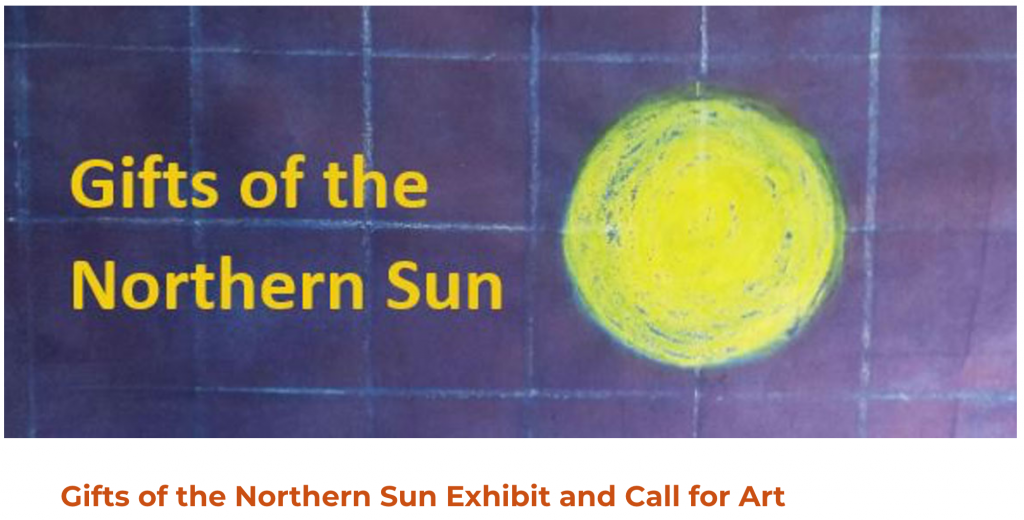
Gifts of the Northern Sun and Nature Commoning/Solar Commoning Game Development are living lab initiatives housed at the Center for Social Research@UMD. As part of the Lake Superior Living Lab Network, students, faculty and local regional artists are working together to bring art into the work of interconnecting energy practices with climate and other social- ecological practices that make up the everyday experience of life in our region. These community-engaged research projects involve faculty and students in art education, geography, anthropology and environmental studies.
1. With the Nature Commoning/Solar Commoning Game, university students at the LSLLN Hubs are developing game cards denoting ecological-social relationships in our region. Students and faculty will then “test” this place-based art-making game in an online version with elementary schoolkids at the four LSLLN hub sites. The goal of the game is to experience climate/energy connections embedded in everyday life place-based scenarios. The game is being tested to see how kids might become the messengers to adults and each other about climate/energy connections.
2. Local artists, faculty, and students are involved in two living lab initiatives that will have art as a pedagogical, conceptual, and communication tool. Through the Gifts of the Northern Sun Call for Art and Exhibit, Indigenous artists are invited to share their vision of the sun’s gifts in our region and bring Indigenous perspectives to the development and benefits of solar energy on ancestral lands of Indigenous peoples around Lake Superior.
The Gifts of the Northern Sun Juried Exhibit is now open online! The exhibit features art by Indigenous artists (enrolled or descendant) exploring perspectives on gathering the sun in Northern Minnesota and Lake Superior region.
The jury selected “The gifts and teachings of Spider,” by Naakiiyaa Wilson (right) for the jury prize. The co-jurors, featured artists Moira Villiard and Sam Zimmerman, had this to say about why they chose this work for the prize: “The artist presents a unique not commonly shared Ojibwe story in which the Spider helps Nanaboozhoo bring the Sun to the people. The vibrancy and colors within floral designs and composition reflect the vitality of nature in growing seasons. The artist incorporated many different aspects of both plant and insect life – creating a magical and beauty depiction not often captured especially insects. This composition invites the viewer in to this magical and warm universe.”
The community call for art is ongoing through December 1, 2022. Learn more at the Gifts of the Norther Sun exhibit link below.
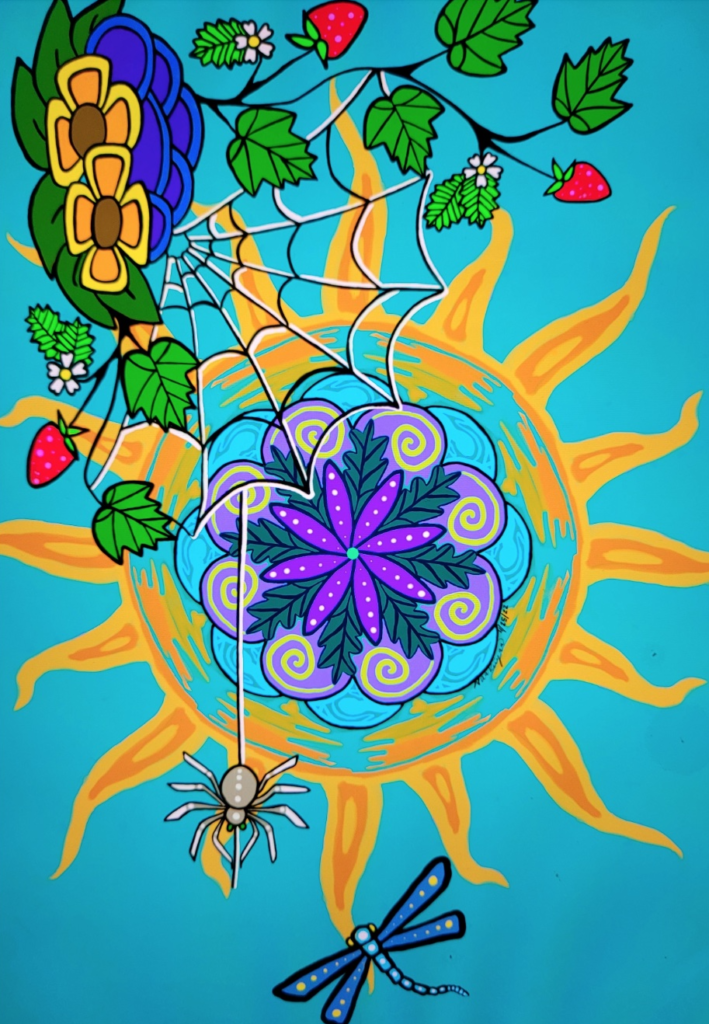
Duluth Power Dialog
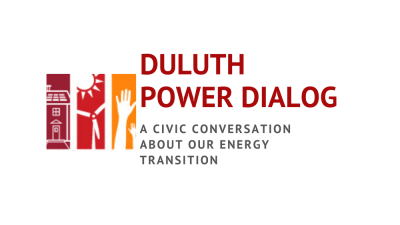
This year, students are creating digital stories from the Duluth Power Dialog and submitting them online to our state’s Public Utility Commission’s public hearings on our investor-owned utility’s 15-year plan for energy infrastructure in the Lake Superior watershed. Students engaged in Duluth Power Dialogs come from all UMD colleges: College of Liberal Arts, Social Sciences and Fine Arts; College of Engineering and Science; and the College of Business. As part of the Lake Superior Living Lab Network, we were thrilled this year to expand our youth-led climate/energy civic conversation to include our fellow students and faculty partners at Lakehead University, Thunder Bay, Algoma University, Sault St. Marie, and Michigan Technological University in Houghton, MI.
Below are recordings of the 2019 and 2021 Duluth Power Dialogs.

Blued Trees Symphony
Lake Superior Roots and Recipes
The Lake Superior Sustainable Farming Association in collaboration with the Lake Superior College Living Lab created a Roots and Recipes website to share recipes, connect with local farmers, provide storage and cooking tips, and overall connect people with information about how to grow and eat the food of the Lake Superior watershed. Click the link below to visit the website!
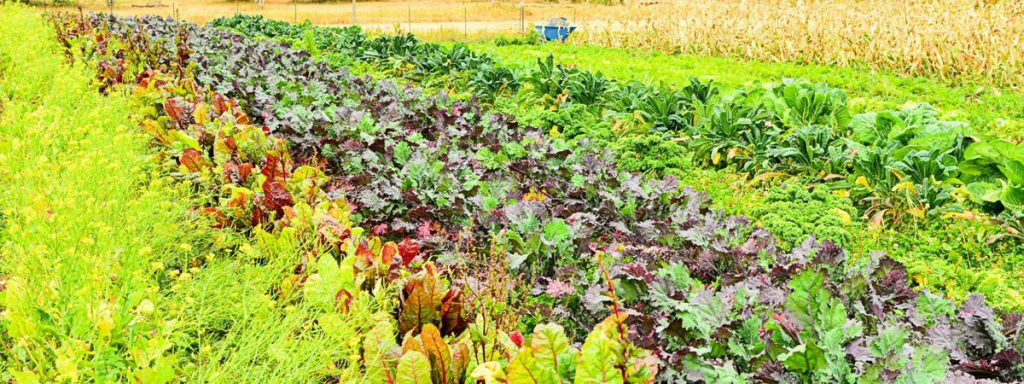
Master of Tribal Resource and Environmental Stewardship
The Master of Tribal Resource & Environmental Stewardship (MTRES) is an applied degree designed to meet the professional and leadership needs of tribal natural resources and environmental programs. The curriculum is based upon the interrelationship of biological, physical, and cultural systems. Required courses address program operations, sustainability, and integrated ecosystems studies.
